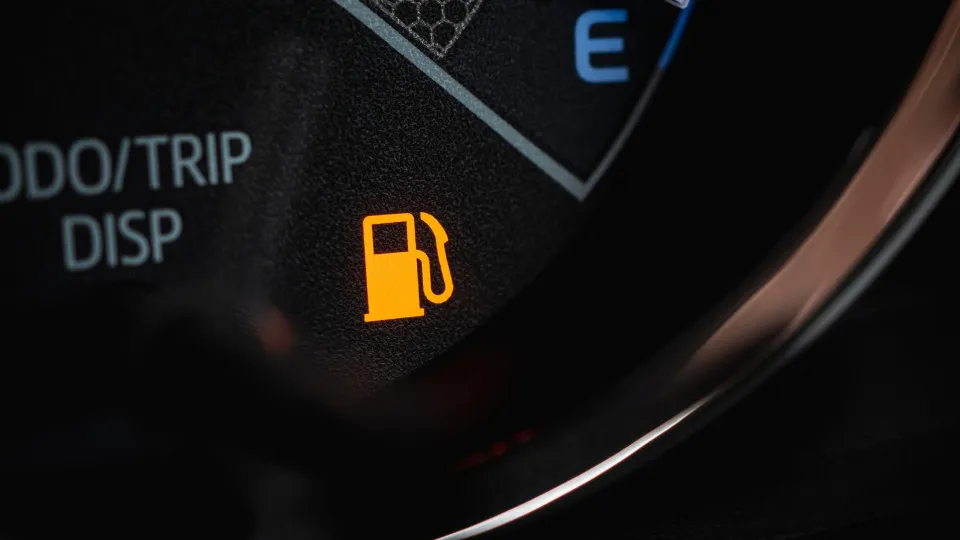
The cost of fuel is expected to remain stable at the beginning of the upcoming week. Projections released by the Automóvel Club de Portugal (ACP) on Friday indicate that there will be no changes in the prices of diesel and gasoline on Monday.
This means there is no need to delay filling up your vehicle as the prices of diesel and gasoline are anticipated to hold steady at their current levels.
Currently, the average price of simple diesel stands at 1.564 euros per liter, while that of simple 95 gasoline is 1.710 euros per liter, as reported by the Direção-Geral de Energia e Geologia (DGEG).
These daily average prices are calculated based on the prices reported by fuel stations, weighted by the quantities sold in the most recent known period, incorporating discounts at service stations such as fleet cards and others, according to the Preços dos Combustíveis Online portal of the DGEG.
How is oil faring in international markets?
Brent crude for November delivery closed lower by 1.66% to settle at $66.37 a barrel in the London futures market on Thursday, influenced by the appreciation of the dollar.
North Sea crude, a benchmark in Europe, concluded the session on the Intercontinental Exchange $1.12 lower than Wednesday’s closing price of $67.49.
The decline was not more pronounced, analysts noted, due to concerns over supply stability from the Middle East, which supports upward pressure on prices.
The International Energy Agency’s Warning
The International Energy Agency (IEA) stated on Thursday that the projected increase in oil reserves is “unsustainable” following a peak in production in August, and OPEC’s decision for a new increase in October.
In its monthly market report, the IEA estimates that in the second half, global reserves will grow by an average of 2.5 million barrels per day due to supply significantly exceeding demand.
In July alone, reserves increased by 26.5 million barrels, marking the sixth consecutive month of expansion, accumulating an additional 187 million barrels since the beginning of the year.
The situation may worsen with the decision made last Sunday by the Organization of the Petroleum Exporting Countries and its partners (OPEC+), unless there is a shift that alters current market imbalances due to geopolitical tensions, trade policies, or new sanctions against Russia or Iran, according to the report’s authors.
OPEC+ agreed on Sunday to a new increase in crude oil production for October of 137,000 barrels per day, a rise that is nonetheless smaller than in recent months due to weakened global demand.
The IEA notes that August saw a new record in crude oil demand, reaching 106.9 million barrels, and now estimates that for the year, the average will be 105.8 million barrels per day, which is 2.7 million barrels per day more than in 2024, with 1.3 million barrels per day provided by OPEC+.




